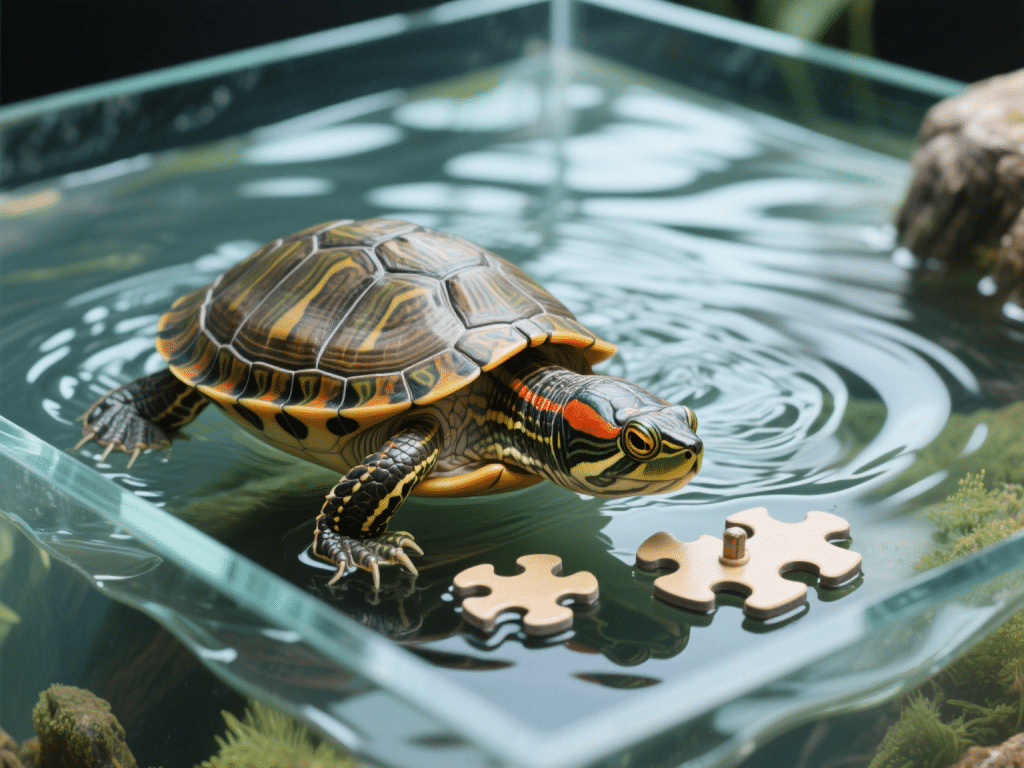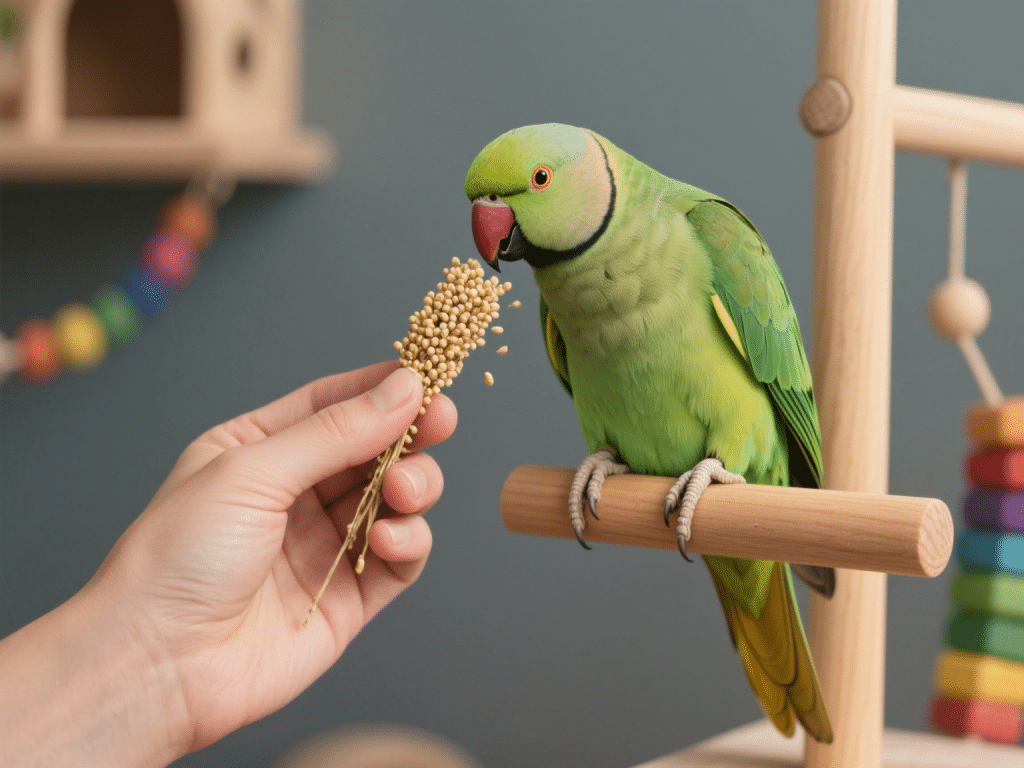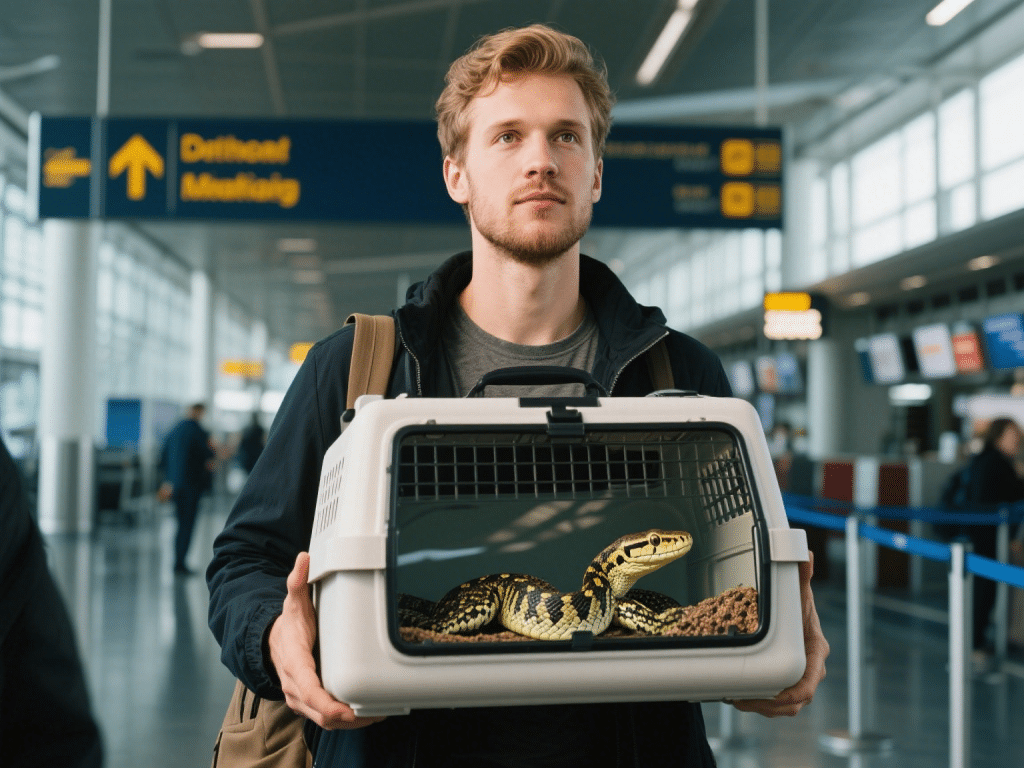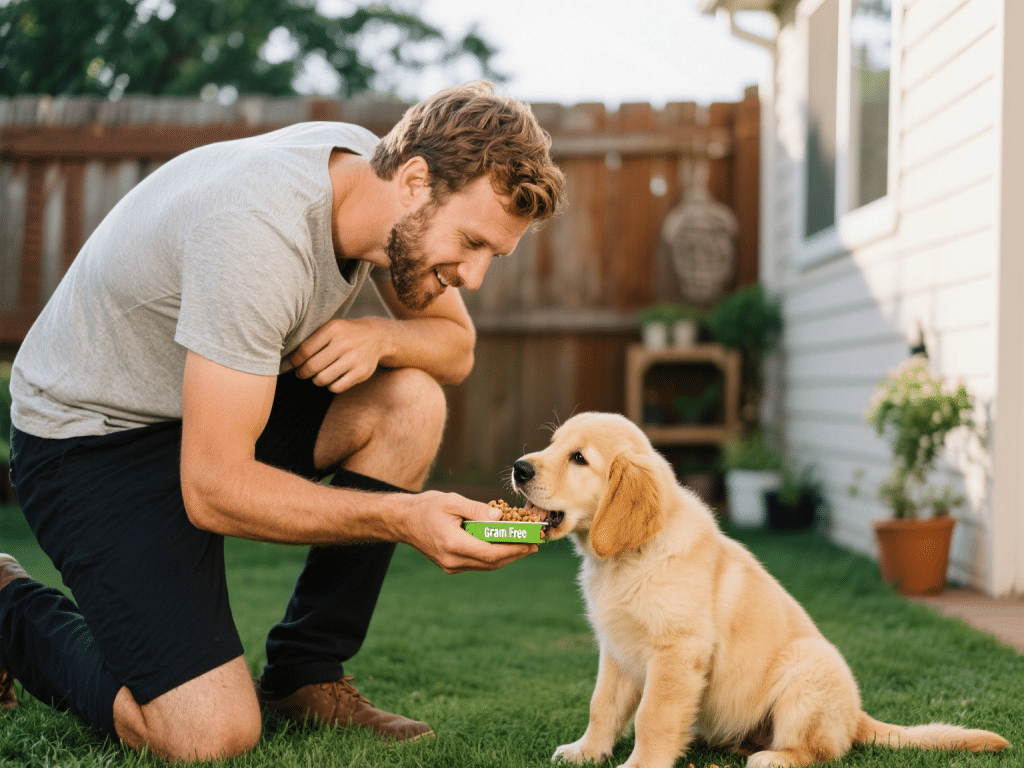
Turtle Behavior & Enrichment: Toys, Training & Cognitive Stimulation
Far from being simple pond ornaments, freshwater turtles possess surprising intelligence, ...

Training and socialization are cornerstones of a harmonious relationship with your pet bird. Whether teaching a cockatiel the “step up” command or helping an African Grey overcome cage shyness, consistent, reward‑based methods yield the best results. Drawing on my fifteen years as an avian behaviorist, I’ll walk you through a structured training program—complete with session plans, cue progression, and troubleshooting strategies—to ensure your bird becomes a confident, well‑mannered companion.
Positive reinforcement relies on rewarding desired behaviors immediately, increasing their frequency. Key principles include:
Timing: Deliver the reward within one second of the behavior.
Value: Use high-value treats—sprouted seeds, small nut pieces—tailored to your bird’s preferences.
Consistency: Daily short sessions (5–10 minutes) yield faster learning than sporadic long ones.
The “step up” cue is the bedrock of handling and trust. Here’s a step‑by‑step protocol:
Hand Familiarization: Place your finger near the perch; allow the bird to approach voluntarily. Reward any curiosity.
Perch Swap Practice: Offer your finger in place of the perch; when the bird steps onto your finger, immediately mark (“click” or verbal “yes”) and reward.
Verbal Cue Introduction: Once the bird reliably steps up, add the verbal cue “step up” just before presenting your finger.
Generalization: Vary perch heights, locations, and hands (left/right) to ensure the cue works in all contexts.
By Week 2, most species will step up confidently—even into travel carriers or onto shoulders—if trained daily.
Birds rescued from neglect or raised without human contact may exhibit pronounced fear responses. To socialize these birds:
Desensitization Protocol: Identify fear triggers (hands, new objects) and expose the bird to them at below‑threshold intensity, paired with treats.
Counter‑Conditioning: If your bird screams at your approach, begin by tossing treats from a distance, gradually decreasing space as tolerance grows.
Safe Space Respect: Provide a hide box within the cage—allow retreats without reprimand.
Once basic handling is solid, introduce more complex behaviors:
Target Training: Use a small stick with a colored end; reward the bird for touching the target. This cue opens doors for tricks, flight direction, or cooperative care (nail trims).
Recall Training: Teach birds to fly to a target perch on cue—enhancing safety and enabling supervised free flight indoors.
Puzzle Solving: Incorporate foraging and puzzle toys during sessions—promoting mental stimulation and reducing boredom‑driven behaviors.
Undesirable behaviors—biting, screaming, feather plucking—often stem from inadequate training or social interaction. Strategies to avert these include:
Structured Daily Interaction: Schedule consistent “talk and treat” times, signaling predictable social engagement.
Ignore Attention‑Seeking Screams: Only offer attention when the bird is quiet; rewarding screams inadvertently reinforces them.
Provide “Quiet Time” Cues: Establish a soft lamp‑turn‑off routine or specific background music to indicate rest periods.
By applying these step‑by‑step training methods, you’ll cultivate a trusting, communicative bond with your bird—one grounded in mutual respect and clear, positive communication. Over time, advanced behaviors like flight recall, trick training, and cooperative health checks become achievable and enjoyable for both of you.

Far from being simple pond ornaments, freshwater turtles possess surprising intelligence, ...

Whether you’re jetting off for vacation or relocating, traveling with exotic pets—rept...

As dogs enter their golden years, their nutritional requirements shift—metabolic rate sl...

Switching your puppy’s food is not a decision to take lightly — especially when it com...

IntroductionAquarium hobbyists increasingly seek sustainable decor choices to minimize env...

IntroductionCats are obligate carnivores, meaning their bodies require nutrients found pri...
Comments on "Building Trust: Effective Training and Socialization for Pet Birds" :